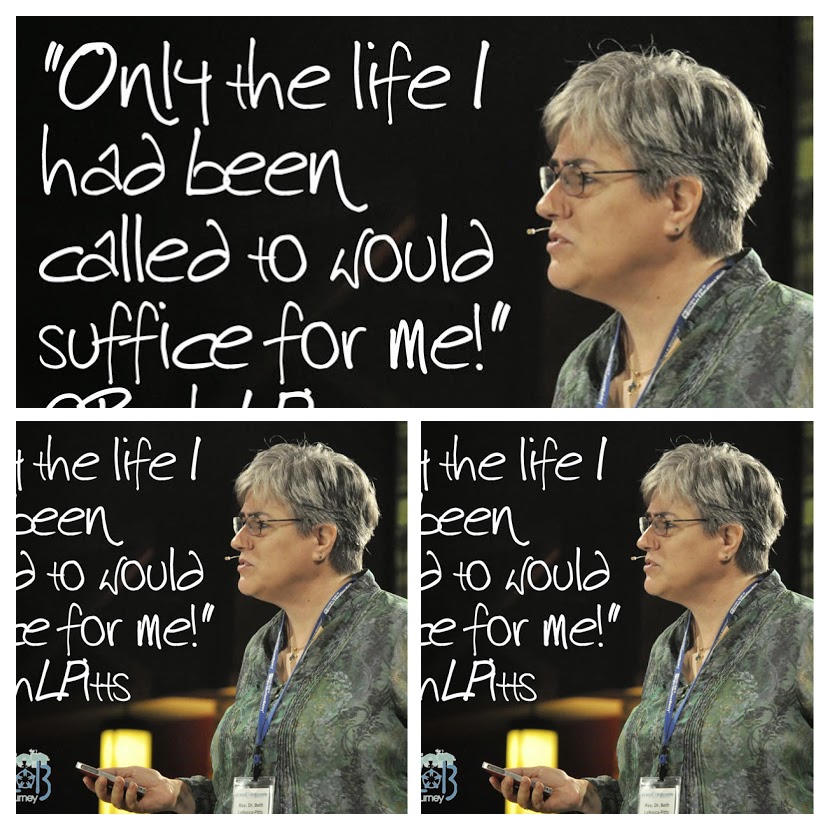"There's a world of difference
between
a baby and a kitten!"
~(Religious Right/Baptist Church School Board Member/Assoc.Veterinarian/Beaver Crossing A. H.)~
"That's what we keep telling ourselves."
~(Relief Veterinarian/Most Opinionated Person They Ever Met!)~
A series of experiments in the 1960s suggested that people are biased toward confirming their existing beliefs. Later work re-interpreted these results as a tendency to test ideas in a one-sided way, focusing on one possibility and ignoring alternatives. In certain situations, this tendency can bias people's conclusions. Explanations for the observed biases include wishful thinking and the limited human capacity to process information. Another explanation is that people show confirmation bias because they are weighing up the costs of being wrong, rather than investigating in a neutral, scientific way.
Confirmation biases contribute to overconfidence in personal beliefs and can maintain or strengthen beliefs in the face of contrary evidence. Poor decisions due to these biases have been found in political and organizational contexts.
Confirmation biases are effects in information processing. They differ from the behavioral confirmation effect, also called "self-fulfilling prophecy", in which behavior, influenced by expectations, causes those expectations to come true.[3] Some psychologists use "confirmation bias" to refer to the tendency to avoid rejecting beliefs, while searching for evidence, interpreting it, or recalling it from memory. Other psychologists restrict the term to selective collection of evidence.
The preference for positive tests in itself is not a bias, since positive tests can be highly informative.[12] However, in combination with other effects, this strategy can confirm existing beliefs or assumptions, independently of whether they are true.[13] In real-world situations, evidence is often complex and mixed. For example, various contradictory ideas about someone could each be supported by concentrating on one aspect of his or her behavior.[7] Thus any search for evidence in favor of a hypothesis is likely to succeed.[13] One illustration of this is the way the phrasing of a question can significantly change the answer.[7] For example, people who are asked, "Are you happy with your social life?" report greater satisfaction than those asked, "Are you unhappy with your social life?"14]
Even a small change in a question's wording can affect how people search through available information, and hence the conclusions they reach. This was shown using a fictional child custody case.[15] Participants read that Parent A was moderately suitable to be the guardian in multiple ways. Parent B had a mix of salient positive and negative qualities: a close relationship with the child but a job that would take him or her away for long periods of time. When asked, "Which parent should have custody of the child?" the majority of participants chose Parent B, looking mainly for positive attributes. However, when asked, "Which parent should be denied custody of the child?" they looked for negative attributes and the majority answered that Parent B should be denied custody, implying that Parent A should have custody.
Personality traits influence and interact with biased search processes.[18] Individuals vary in their abilities to defend their attitudes from external attacks in relation to selective exposure. Selective exposure occurs when individuals search for information that is consistent, rather than inconsistent, with their personal beliefs.[19] An experiment examined the extent to which individuals could refute arguments that contradicted their personal beliefs.[18]
People with high confidence levels more readily seek out contradictory information to their personal position to form an argument. Individuals with low confidence levels do not seek out contradictory information and prefer information that supports their personal position. People generate and evaluate evidence in arguments that are biased towards their own beliefs and opinions.[20] Heightened confidence levels decrease preference for information that supports individuals' personal beliefs.
***
"HELL! I CAN DO CHARITY BETTER THAN THE GOVERNMENT!"
~(Same Veterinarian/Same Hospital)~
"Why haven't you?"
~(Simply Jim)~













-MIX-MIX.jpg)
















.jpg)




.JPG)
.JPG)
.JPG)
.JPG)
.JPG)
.jpg)

No comments:
Post a Comment